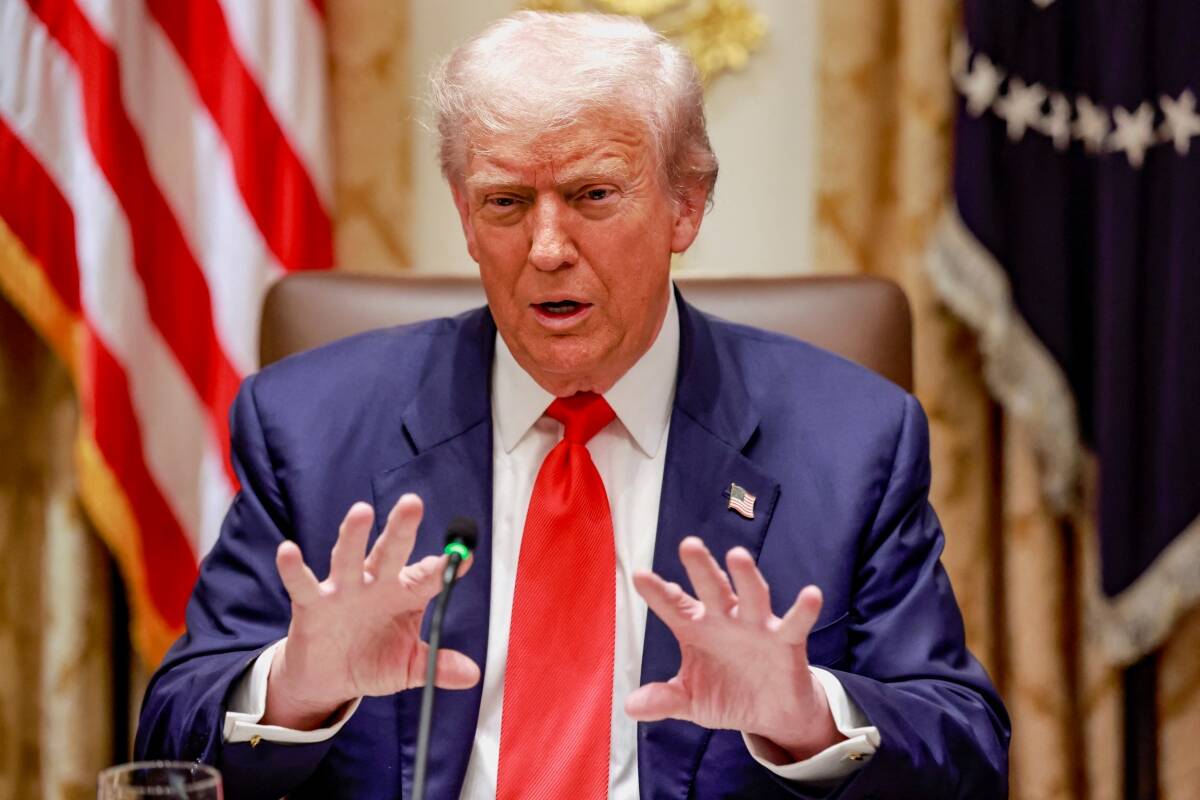SAO PAULO, Dec 2 (Reuters) – Petrobras’ move not to adopt a transparent policy for how it sets domestic fuel prices will discourage ethanol industry investment as it shows the firm is still controlled by the government, ethanol industry officials and analysts said.
Petrobras, which is part state-owned, on Friday said it would not reveal when or how it would adjust local fuel prices, essentially carrying on a policy already in place and disappointing market expectations it would start to disclose such information.
That non-transparent policy allows Brazil’s government to keep Petrobras’ fuel prices artificially low to control the country’s high inflation, analysts and industry officials say.
Read Also

Trump mulls ending some trade ties with China, including in relation to cooking oil
U.S. President Donald Trump said on Tuesday Washington was considering terminating some trade ties with China, including in relation to cooking oil.
With domestic politics rather than market forces setting the price of gasoline and diesel, mills say they will shy away from investments in new ethanol capacity, which has been paralyzed for several years.
“It’s a horror for Brazil and for ethanol,” said cane industry analyst Julio Maria Borges at JOB Economia consultants. “There is no criteria or methodology that allows the market to model future supply and demand in fuels.”
The biofuel, which competes directly with gasoline at the pump, is still sold roughly 5 percent below international market prices even after Petrobras raised wholesale prices for gasoline 4 percent over the weekend.
“Higher gasoline prices will help mills,” Borges said.
Petrobras also raised refinery diesel prices by 8 percent, which the cane industry association Unica said would wipe out any positive effect of higher gasoline prices due to the high level of mechanization in the ethanol industry.
“The impact of higher diesel on production costs for ethanol is very significant,” Unica Technical Director Antonio de Padua Rodrigues said adding that harvesters and transport of all products to and from a mill depends on diesel engines.
The government admits it uses Petrobras to carry out public policy, such as curbing inflation, which has clung near the upper limit of the central bank’s mandate for much of the year.
Finance Minister Guido Mantega, who also serves as Petrobras’ board chairman, said on Monday, “Inflation can’t take a back seat when talking of ethanol and fuel (prices).”
The government has kept local fuels below international prices for years. Petrobras announced on Oct. 25 that it had devised a new methodology that would adjust local fuel prices to international ones automatically. The new pricing policy was intended to staunch the losses the company was incurring from selling imported gasoline and diesel below cost prices.
With the global glut in sugar — the other end product of cane, mills will slow investments to plant new and replant old fields because they don’t have capacity to crush more cane.
Automobile sales, although slowing here, continue to grow making Brazil one of the most important markets for car makers after China. Demand for gasoline imports, which Petrobras is required to supply as the sole refiner in Brazil, will only grow more without new ethanol production capacity.
“If it were a total state oil company, it might make sense. But Petrobras has minority share holders, who are taking a back seat to government policy,” Tarcilo Rodrigues, chief analyst at Bioagencia consultants said. “And we’ve got presidential elections in 2014.”
















